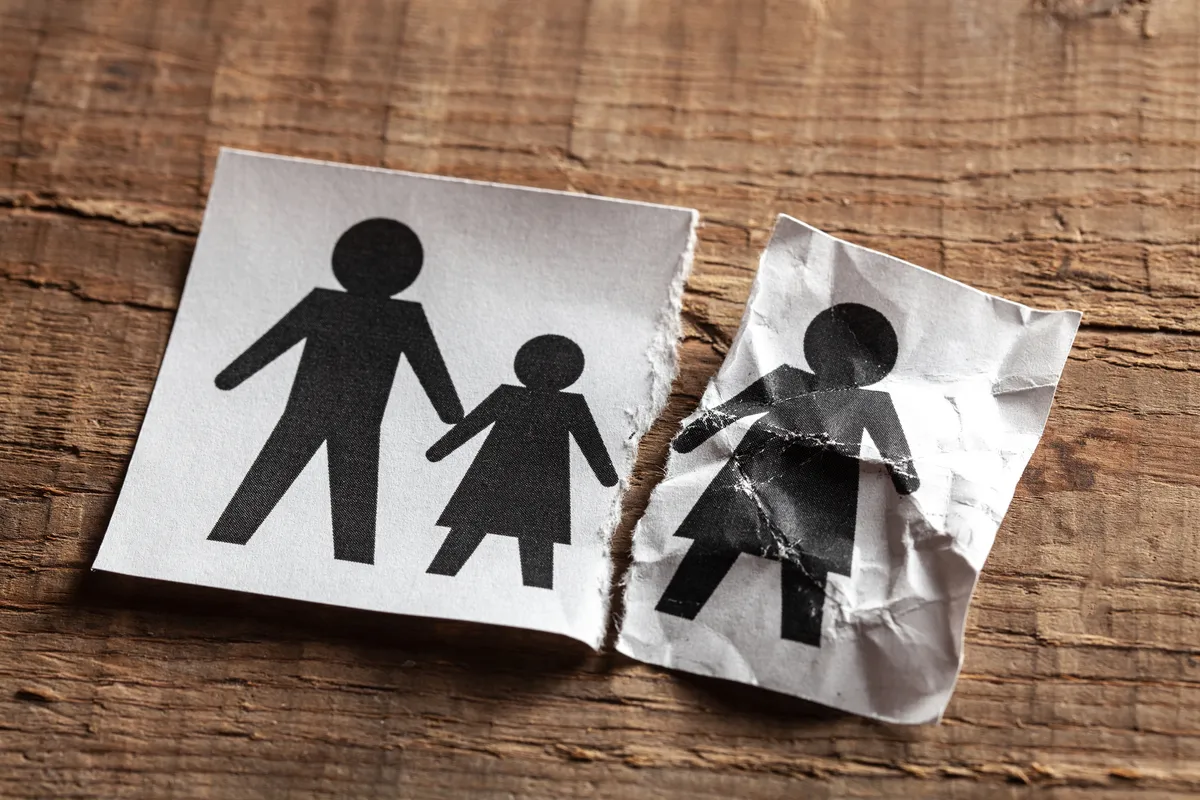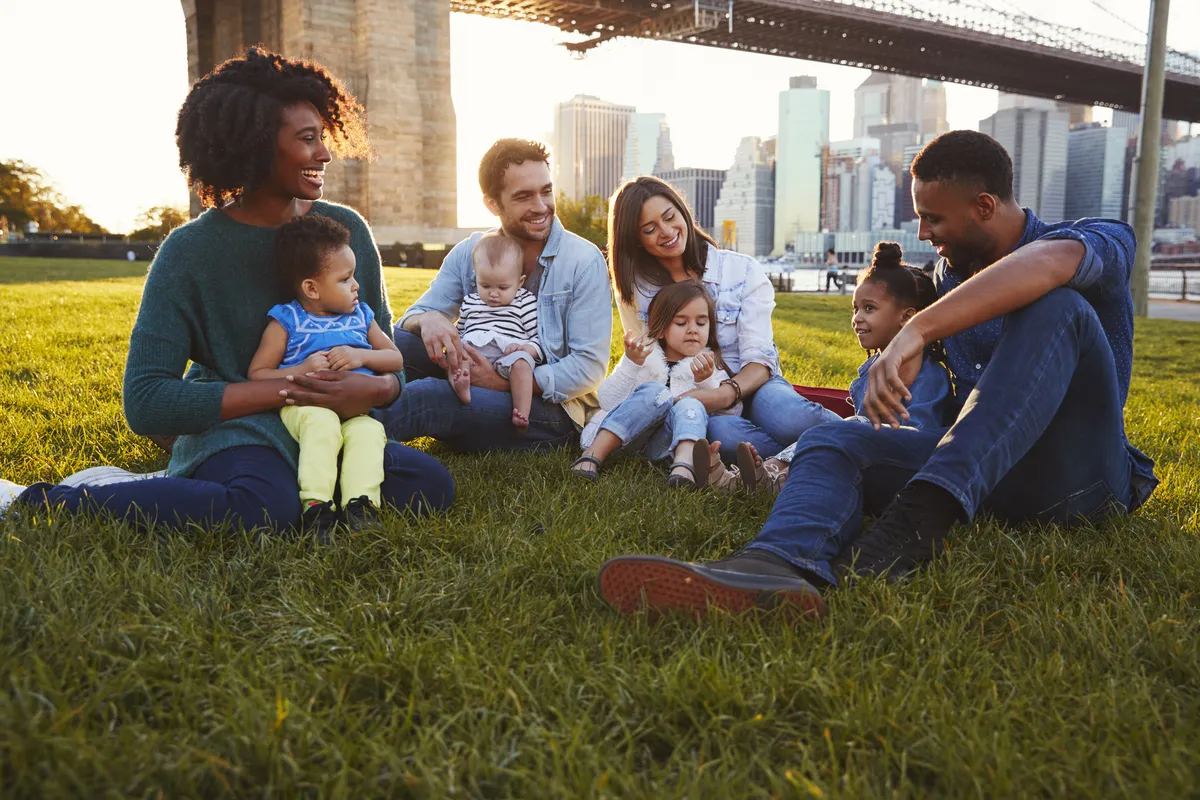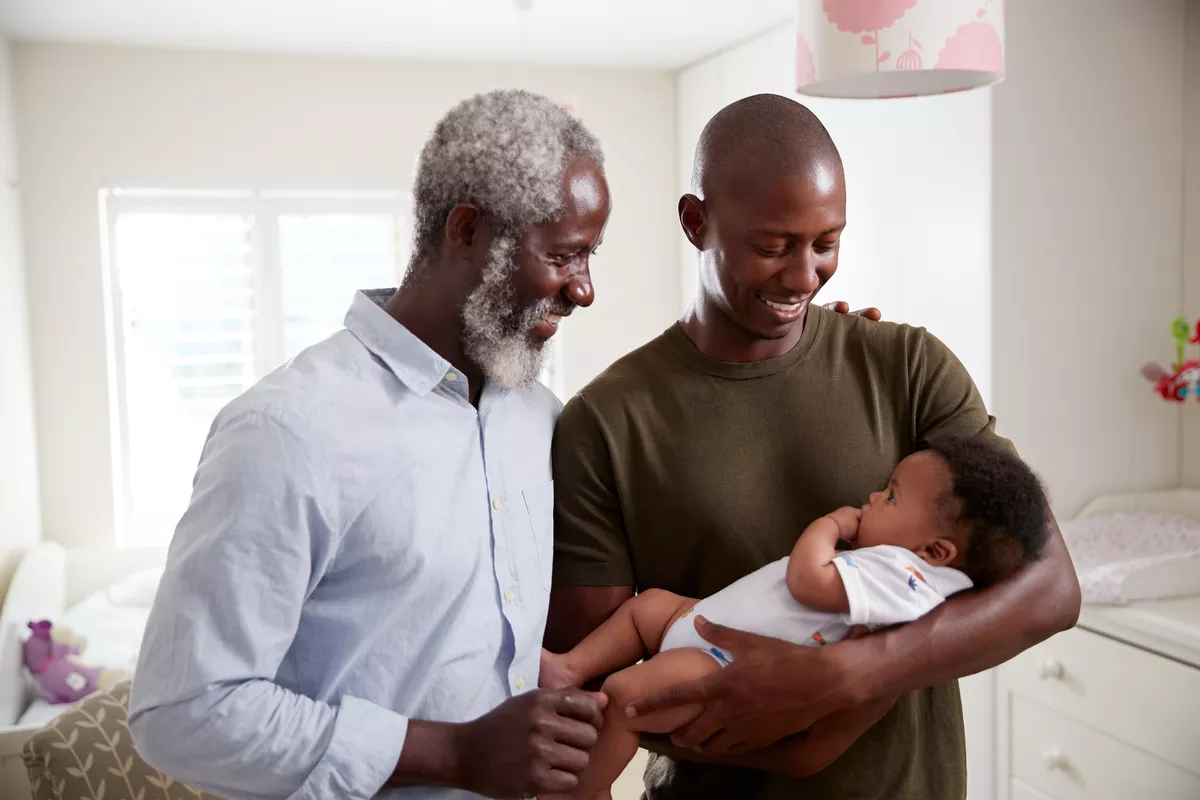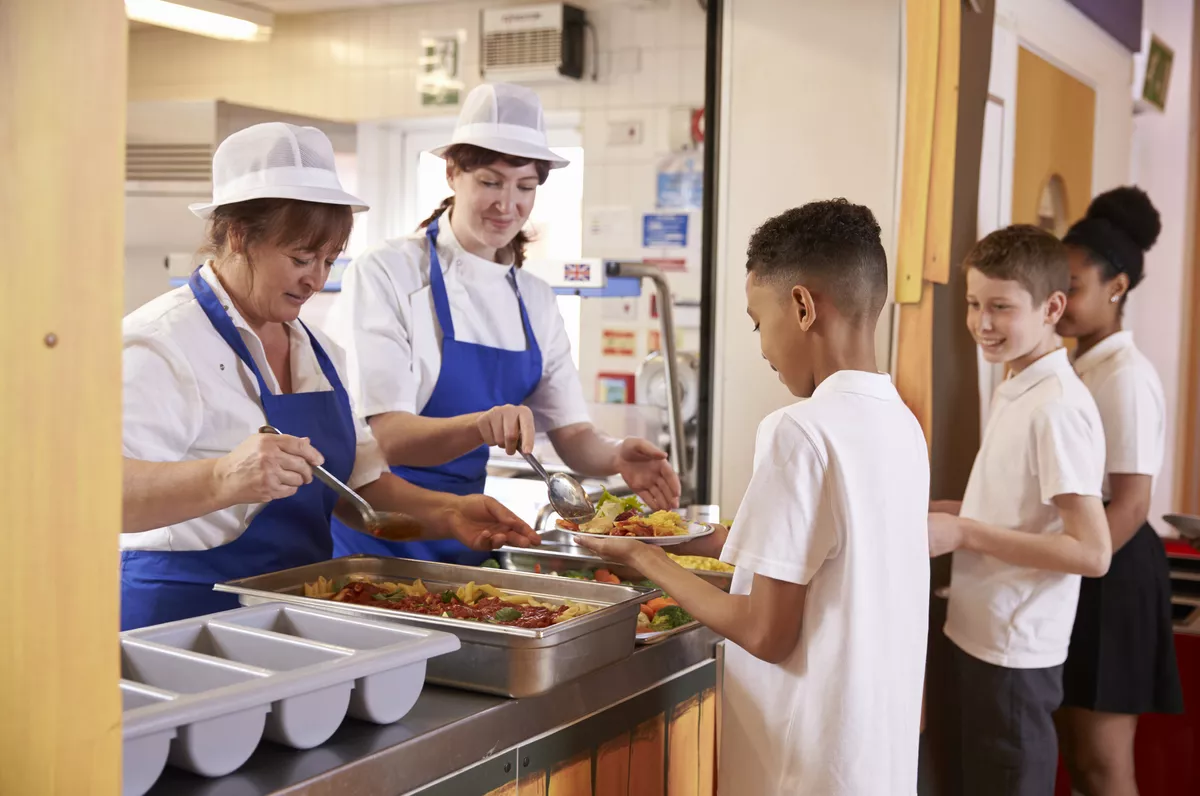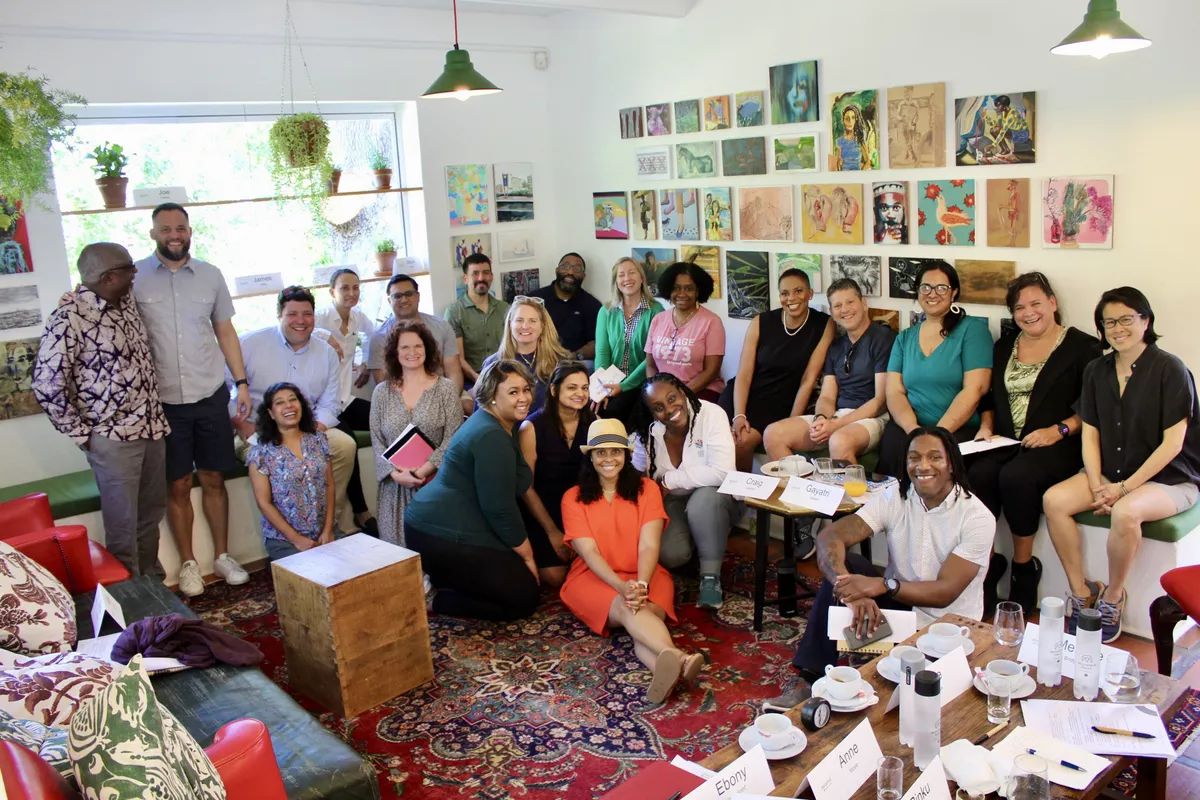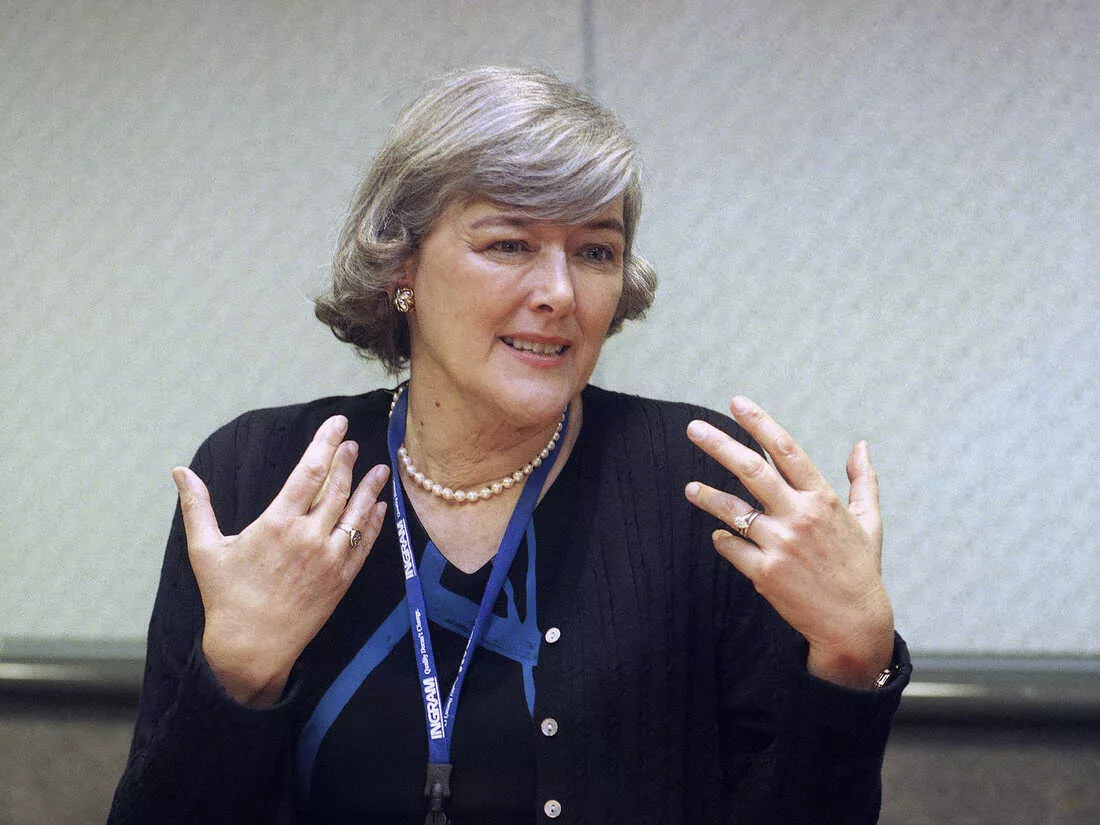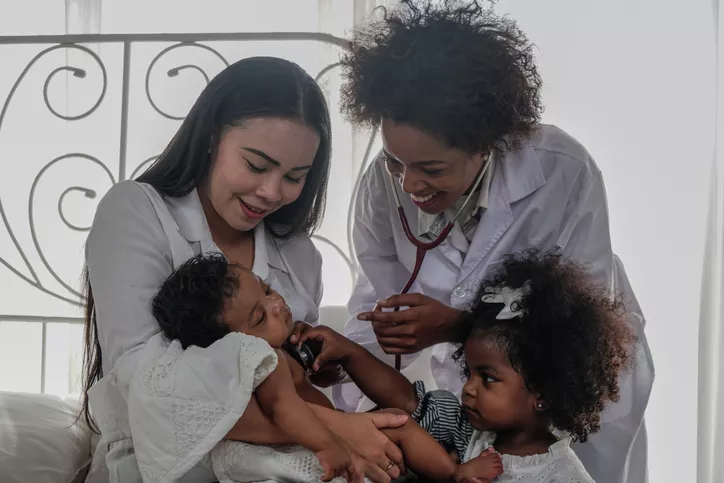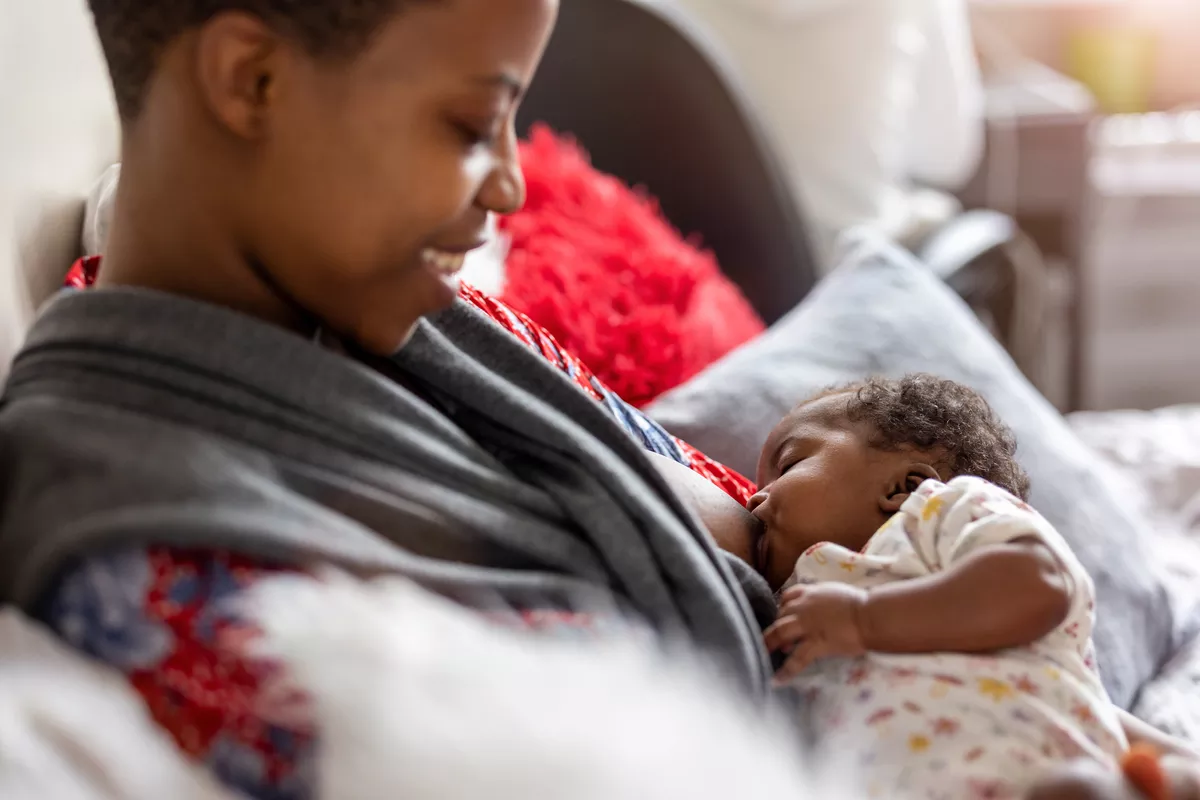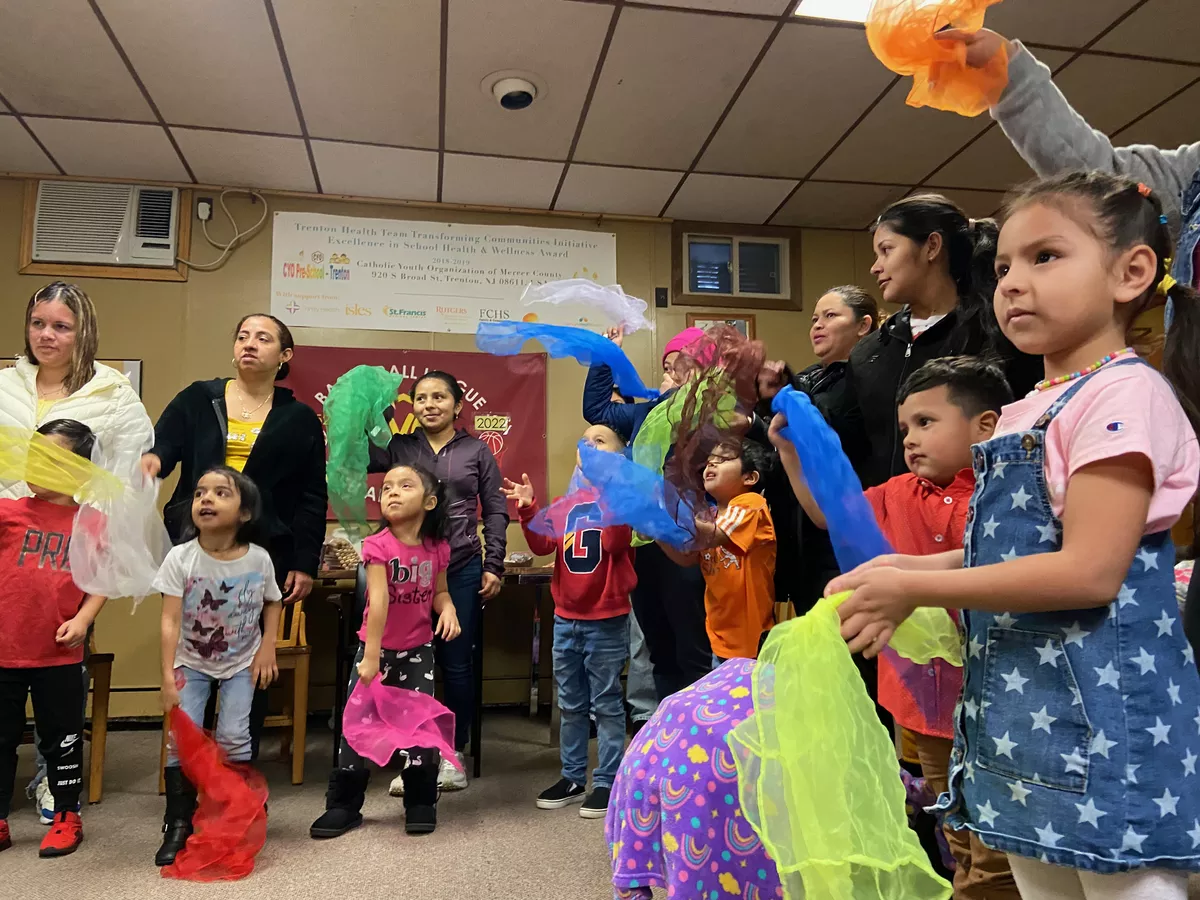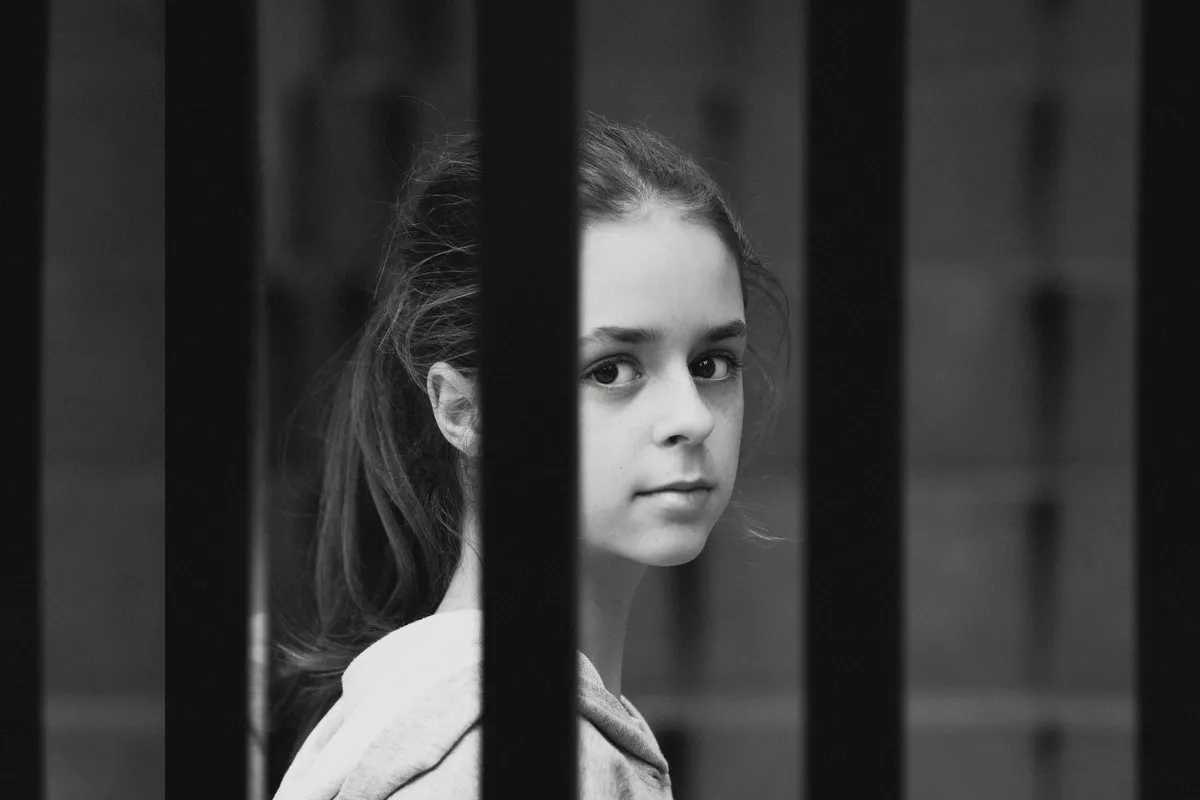👋 Welcome back from what we hope was a rejuvenating summer. In between much-needed time away, we’ve been busy at Burke advancing early childhood initiatives and efforts to improve maternal health. This issue of Starting Early dives into causes of maternal mortality, including an interview with maternal health advocate Kimberly Seals Allers. Please take note of a new regular feature in Starting Early: “Tools You Can Use.”
For the first time in a century, maternal mortality and “near misses” are on the rise across the US, especially among Black women.
An American mother today is more likely than her mother was to die in childbirth.

